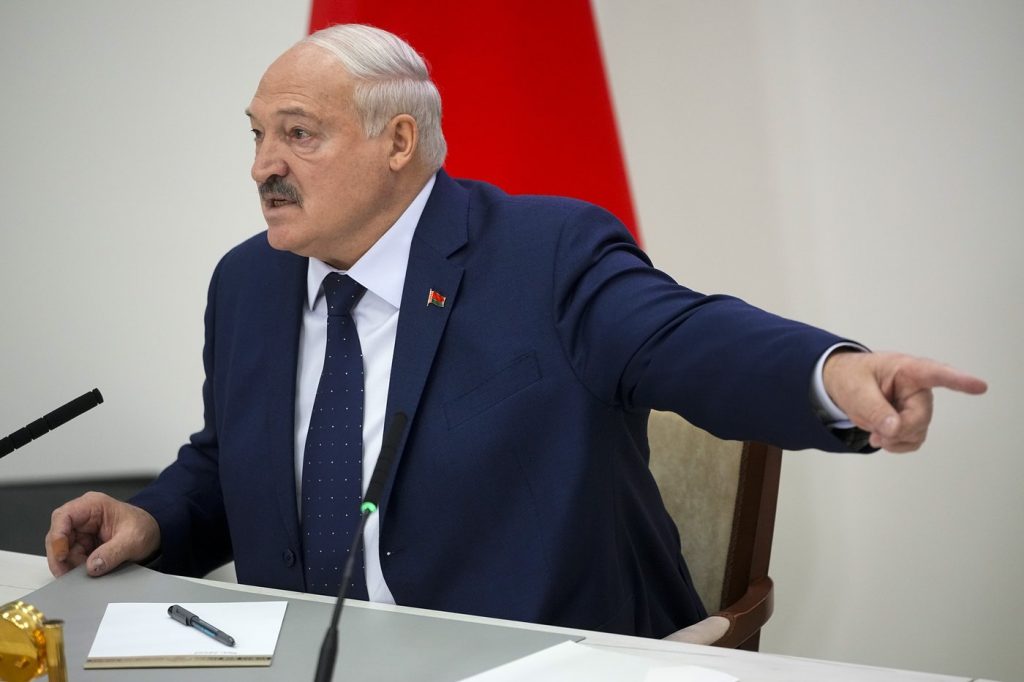On Sunday, the European Union (EU) officially condemned the recent presidential election in Belarus as illegitimate, referring to it as a “sham election.” The voting process, widely viewed as orchestrated, was held to secure another term for the long-standing autocratic leader, 70-year-old President Alexander Lukashenko, who has been in power for over three decades. In a joint statement, EU foreign policy chief Kaja Kallas and EU enlargement commissioner Marta Kos emphasized that the election was neither free nor fair and called out the systemic repression of human rights in Belarus.
Kallas and Kos underscored the severe restrictions imposed on political participation and the lack of access to independent media, which they argue have rendered the electoral process devoid of any legitimacy. They estimated the number of political prisoners in Belarus to exceed 1,000, highlighting concerns over the detention of individuals, including a staff member from the EU delegation in the capital city of Minsk.
The officials also criticized the Belarusian government for inviting observers from the Organization for Security and Cooperation in Europe (OSCE) only ten days before the election, which they claimed limited the organization’s ability to effectively monitor the overall electoral process. They pointed to these actions, coupled with the regime's involvement in Russia’s ongoing aggression against Ukraine and its various hybrid attacks against neighboring countries, as key factors influencing the EU’s decision to impose further sanctions.
While Kallas and Kos mentioned that the EU would continue to impose restrictive and targeted measures against the Belarusian government, they did not specify what these new sanctions would entail or provide a timeline for their implementation. This announcement reflects the EU's ongoing commitment to hold the Belarusian government accountable for its actions.
In a related diplomatic effort, Kallas and several EU foreign ministers were expected to meet with Belarusian opposition leader Sviatlana Tsikhanouskaya later that evening in Brussels for an informal and closed-door dinner. This meeting underscores the EU's support for opposition figures in Belarus amid the political turmoil and crackdown on dissent led by Lukashenko’s administration.
As the situation in Belarus continues to unfold, the EU appears poised to enhance diplomatic and economic pressure on the regime, aiming to encourage reforms and uphold democratic processes in the country. The international community is closely watching the developments, particularly in light of the broader implications for European security and human rights in the region.










